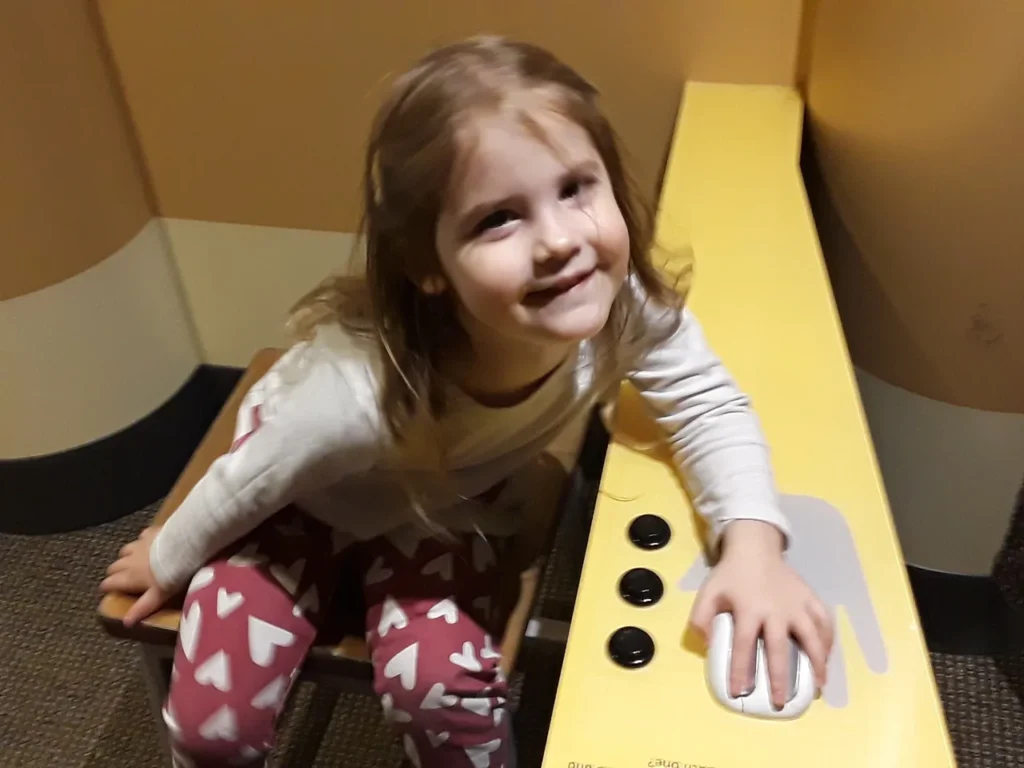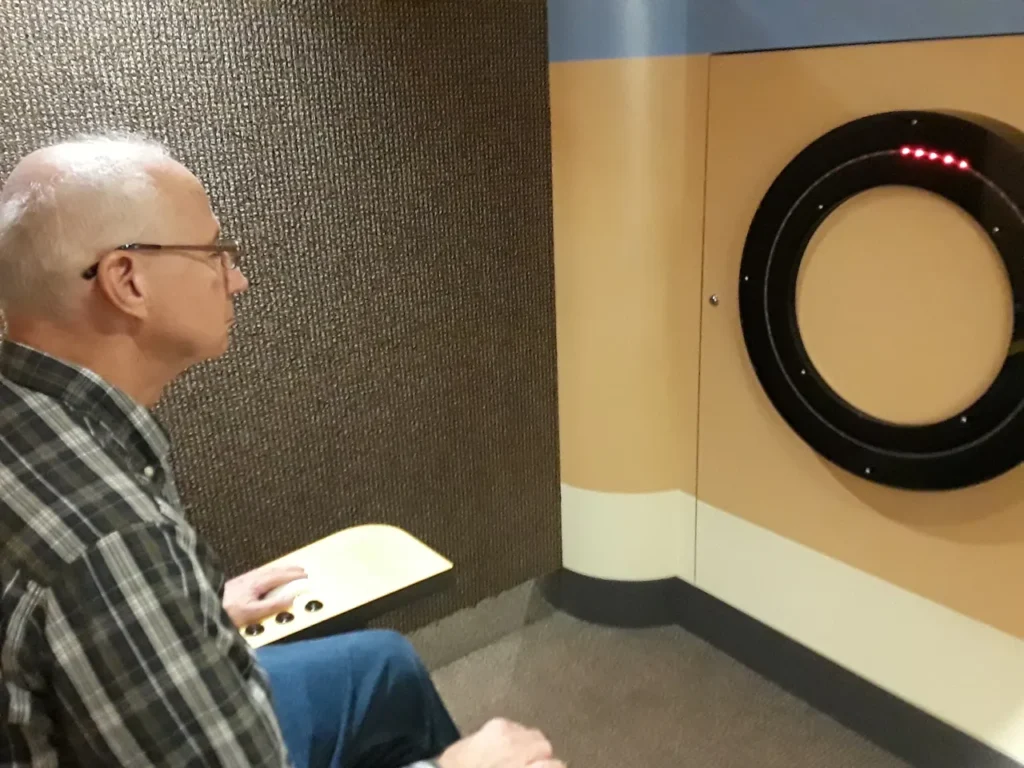Suicide Prevention Hotline
With the Corona Virus, this is a weird time for all of us. Stress levels are high. Social isolation is real. But you are not alone. Please reach out if you need help
National Suicide Prevention Lifeline
1-800-273-8255
Efficacy of Biofeedback for Medical Reasons
I’m so excited to see these articles!!! YES!!! Biofeedback IS effective – FOR MANY CONDITIONS!!!
See the latest here! The VA has adapted biofeedback as an effective tool!
https://www.research.va.gov/currents/0819-Biofeedback-could-help-treat-a-number-of-conditions.cfm
4 drinks… 4
A new study shows that 4 drinks is considered excessive. 4. Your GP should be screening for this and assisting you in getting the help you need. If you are experiencing this behavior, please do get the help you need. The world likes it better with you in it.
#biofeedback #neurofeedback #braintraining #brainresearch #healthiswealth #capitalbiofeedback #mentalhealth#mentalhealthcounseling
You’re never too young, or too old… to learn stress management


Whatever age, it’s important. And you are too. Take care of you. The world loves you in it!
#biofeedback #stressmanagement #neurofeedbackincary #neurofeedbackinraleigh #healthiswealth
Healthy tips to live by
Love this!!! 6 Things Healthy People Do Every Morning
#healthisweath #biofeedback #neurofeedback
https://blog.myfitnesspal.com/6-things-healthy-people-do-every-morning/
Words to live by
These are great reminders… some that I learned the hard way.
##healthiswealth #braintraining #biofeedback #neurofeedback
The broken heart syndrome
It’s real. Find out how heart rate variability can help.
#hearttraining #brokenheartsyndrome #capitalbiofeedback
A for EFFORT
This is an awesome you tube. I totally believe what he is saying. There is a Super Mario effect. And when we have fun with what we do, we are not as stressed. The brain can’t work that way. We can’t stress out and have fun at the same time, unless it’s euphoric stress. So So please give yourself the kudos you deserve and enjoy the game of life!
New research on why it is hard to quit drinking
Get the help you need. #biofeedbacktherapy #neurofeedback
EEG reveals evidence why most don’t exercise
It’s not laziness, it’s a misperception that we need to conserve energy.
Create the life you wish to wake up to..

This takes
1. Patience because it will not happen over night
2. Grace for all the times we slip back into old patterns
3. Persistence to keep going
4. Praise for all of the baby steps because they do matter
Predictability

Predictability gives us a sense of security. However, life is transitory, relationships are messy, and situations can create chaos. Know what you need to not just get through, but enjoy the changes life brings and how to maintain your sense of security.
How to Choose a Biofeedback or Neurofeedback Provider
Self-Regulation Through Biofeedback Training & Neurofeedback
I have often heard from patients that it is difficult to find a biofeedback/neurofeedback provider. Not really understanding what biofeedback or neurofeedback really consists of or what to expect can make this process difficult. I have been inspired by some patients to therefore write up a short blog of how to better search for a provider, and what I would hope I can offer for potential patients seeking alternative treatment for various conditions. In addition, these attributes are often what I go by when choosing a health care provider.
1. Education
In health care, an educated provider is necessary. This sounds silly to write. Unfortunately, there are providers who are practicing but have not been educated or do not have a health care license. You can simply inquire where the provider went to school and what degrees they have obtained. In addition, are they a LICENSED HEALTH CARE PROVIDER and are they BOARD CERTIFIED? And, if they are, find out what they are licensed as and the affiliation that has deemed them as certified. These are 2 VERY important attributes. I cannot stress this enough. The license they carry will come with a checks and balances system in which they are obligated to uphold. Also, each will uphold the provider to practice within the scope of their license. This is extremely important. Not only is it unethical to provide services in which one is not trained, it is not safe for the participant. In addition, being board certified will ensure a certain skill level. Both a license and a certificate will require the provider to stay current in the field and obtain continuing education units.
I attended the University of North Carolina at Wilmington as an undergrad, receiving my B.S. in Communication Studies. I attended East Carolina University as a graduate student, receiving my M.S. in Recreation Therapy Administration. My thesis was a qualitative piece, focusing on the lived experience of survivors of Hurricane Floyd. After my graduate degree, I became licensed as a recreational therapist, and board certified in biofeedback and as a recreational specialist. I attended North Carolina State University as a continuing education student and completed courses needed for my license as a professional counselor. I attended East Carolina University for my PhD in the Department of Addictions and Rehabilitation Studies. My dissertation focused on how a protocol combining both biofeedback and neurofeedback techniques effected the working alliance between the therapist and client and the client’s overall treatment satisfaction.
2. Experience
Typically, a licensed health care provider has met the required supervision hours working under the care of another licensed professional. In addition, internships and research positions allow the provider to expand upon their skillset while under supervision. This allows the provider to gain an effective skillset and ensures the safety of the participant receiving services. Often, while under supervision, the provider in training will attain skills to work with specific populations. Identifying these populations will allow you to see if the provider has a skillset applicable for the condition you are experiencing.
I enjoy looking back on my career path. When I started on my journey, I was not exactly sure of where I was headed, nor did I ever think I would end up where I am, but I am so grateful for the experiences I have had, the knowledge I have gained, and the practitioner I have become. I have had the opportunity to work in both clinical and research settings with a variety of conditions inclusive of all ages. I also have experience in an academic setting, reaching a larger audience to teach other students these skills and train more trainers. For more information, please visit my bio on my website as well as my experience working with specific conditions.
3. Approach
There are many approaches one may take when implementing biofeedback and/or neurofeedback into their practice. This typically is developed according to how the provider is trained and in which field have they obtained their degree.
I use biofeedback and neurofeedback modalities as method, intervention, or adjunct to therapy. Therefore, when an individual is participating in training, there is a therapeutic process which involves educating the participant on the equipment, the physiological response to stress, and how these responses relate to real-life functioning and symptoms. In addition, the participant is coached on how to manipulate these responses to gain control over their physiology. During and after training, the participant is allowed the opportunity to make sense of the training experience. This is then discussed with the therapist and parallels are made between how the individual is engaging in training and how they are engaging in life. It is a process. A therapeutic, learning process. I have found that with this process and engagement, the participant can gain better control over stress responses and have little trouble generalizing this skillset to real-life situations.
4. Attitude
A quality provider will have the following:
1. The up-most positive regard for their patient
2. An attitude of ‘First do no harm’
3. The goal to help the individual find the best solution for what is needed at the time.
I may not understand the lived experience of each individual I work with; however, I can relate to physiology and the stress response. I see the stress response as universal. It does not discriminate. We all have our own stories that have shaped how we respond to stressors. I see it as my job to help you understand yours and change the response to be a healthier reaction, so that this reaction may not affect you as much or in the same way. In addition, I want the best for my participants. My wish for them is to gain the skills they need to be their best self and to function leading a healthy life with positive coping tools. With this attitude, participants will graduate out of the program when they are ready. To graduate, I look for 3 things; 1. Can you self-regulate? 2. Can you inter-regulate (phone a friend/use your coping tools in time of need) 3. Are you functioning better? Graduation is a success, on both our parts and I am not fearful of ‘losing’ patients. This is something to be celebrated.
5. Accessibility
Healthy boundaries are important. Providers are in a position to be a good example and implement a healthy lifestyle which includes appropriate boundaries.
I have set hours where I can be reached by phone. During the business week I return phone calls within a 24-48 hour period. I am open to being interviewed by potential patients prior to signing up for services. I take the time needed to answer questions prior to, during, and after engaging in a training program. In addition, I appreciate a team approach. If you have been referred by a physician, and I have written consent to communicate with them, I will send training protocols, reports, and summaries when necessary. I also make myself available to speak with family members and/or have them in attendance when and if necessary.
These are my professional opinions on how to choose a provider. If you are seeking services, I encourage you to review these guidelines and see if you agree or disagree. You may use these to form your own guidelines. Most of all, I encourage you to find a practitioner you feel comfortable with and who can provide what you are looking for. A healthy therapeutic relationship should be established to gain the most of your experience.
Contact Us
Phone: 984-664-5495
Fax: 919-786-9662
5540 Centerview Dr Suite 200
Raleigh NC, 27606
Facebook.com/CapitalBiofeedback
Instagram.com/CapitalBiofeedback
LinkedIn.com/CapitalBiofeedback
Please contact us with questions or to make an appointment.
Biofeedback & Neurofeedback Training of the Triangle, PLLC
Biofeedback and neurofeedback for pain management
Yes, you can use alternative forms of treatment for pain management. And you should. Here is another reason why. https://www-ajc-com.cdn.ampproject.org/v/s/www.ajc.com/news/world/common-painkillers-triple-side-effects-dementia-study-says/PLjrRq6hGXfTeGKpTRaalO/amp.html?amp_js_v=a2&_gsa=1#amp_tf=From%20%251%24s&share=https%3A%2F%2Fwww.ajc.com%2Fnews%2Fworld%2Fcommon-painkillers-triple-side-effects-dementia-study-says%2FPLjrRq6hGXfTeGKpTRaalO%2Famp.html%23amp_tf%3DFrom%2520%25251%2524s
